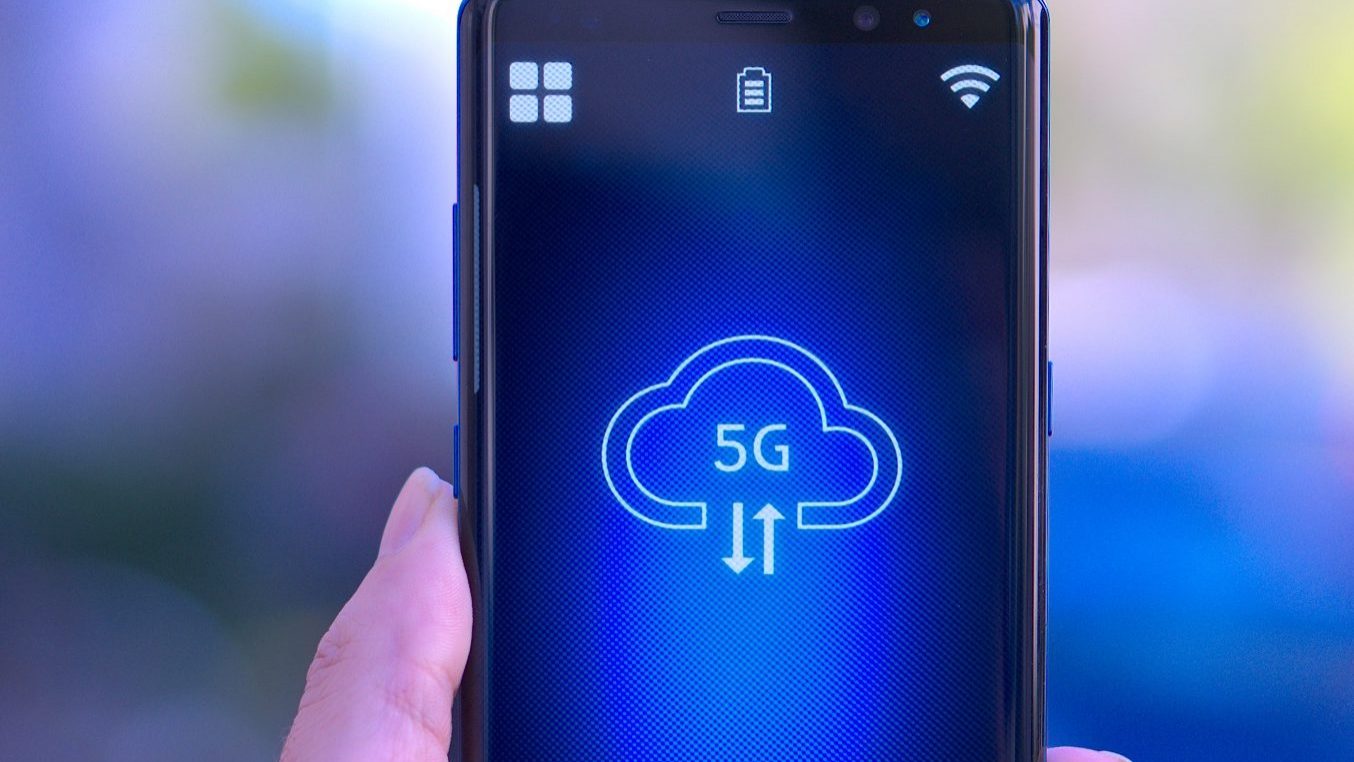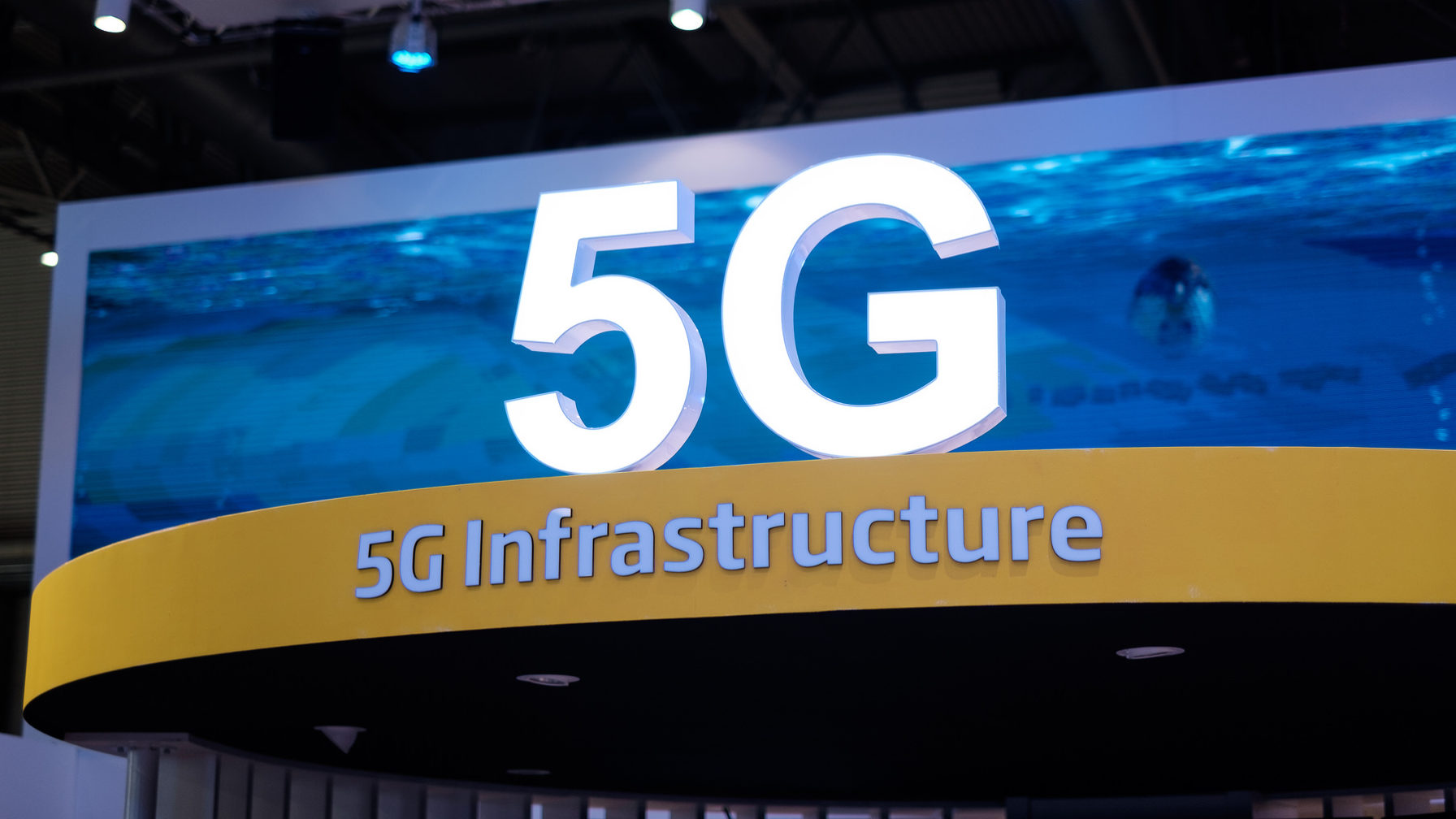EU asked telecoms regulator to clarify controversial 5G auction terms
The European Commission asked Portugal's communications regulator to clarify the terms of the auction of 5G frequencies.
The European Commission in October asked Portugal’s communications regulator, Anacom, to clarify the terms of the auction of fifth-generation mobile telecommunications frequencies, in terms of coverage by new entrants and domestic roaming, according to a letter from the European Union executive’s Directorate-General for Communications Networks, Content and Technology.
In the letter to the president of Anacom, that Lusa has seen, dated October 22, Roberto Viola, the director-general of DG CONNECT, as it is more often known, takes the “opportunity to request clarifications regarding” the conditions of the 5G auction, which at that time had yet to be formally published.
“In particular, it is my understanding that the conditions of the draft auction establish a 10-year domestic roaming obligation with the possibility of extension beyond this period,” Viola writes. “I would like to know how you justify the scope of the domestic roaming obligation in terms of its duration and possible extension in the light of the principle of proportionality.
“I would also like to know the criteria on the basis of which this obligation can be extended, how the possibility of extension ensures legal certainty for those affected and beneficiaries of this obligation and whether the appliaction of Article 52(2) of the European Electronic Communications Code is foreseen,” he continues.
The director-general also stresses that the conditions of the auction as drafted “do not provide for minimum coverage requirements for potential new entrants to benefit from domestic roaming.”
In any case, he adds, “coverage obligations for new entrants are limited to 25%, to be reached by the end of 2023 and 2025, and are set for roads, major roads and rail networks, but without coverage obligation in relation to the total population.”
In view of this, the director-general queries how Anacom “justifies the proposed domestic roaming obligation, in combination with the coverage provisions, as proportionate to promote effective competition, ensure efficient use of spectrum and foster technological innovation and investment.”
Concerning a proposed 25% discount on the final price of spectrum for new entrants – as foreseen in the draft decision – the letter asks how that figure “was calculated”.
Although this discount was removed from the final rules of the 5G auction, as released by Anacom on 5 November, some of the issues raised by Brussels remain at the heart of the conflict between telecommunications operators and the regulator, namely the domestic roaming and coverage obligations for new entrants.
The final regulation, which was formally adopted by Anacom on October 30, sets out “the allocation of spectrum for new entrants” in the 900 MHz and 1,800 MHz bands, and ensures that “they can benefit from domestic roaming when accessing the networks of incumbent operators, regardless of the amount of spectrum they acquire.”
According to the regulation, “this obligation will apply for a period of 10 years, with Anacom expected to assess after eight years and up to one year before its expiry the need to maintain it beyond the original deadline and the terms thereof, and to determine what changes should be made as a result.”
The auction regulation defines different coverage obligations for new entrants, linked to the acquisition of spectrum in the 700 MHz band: “by the end of 2025, they must ensure coverage of 25% of each of the motorways, each of the main road routes and each of the rail routes included in the Atlantic Corridor, in the part relative to [Portuguese] territory, of the Braga-Lisbon link, the Lisbon-Faro link and the urban and suburban links of Lisbon and Porto.”
New entrants “that benefit from domestic roaming will be subject to a mobile coverage obligation of 25% and 50% of the national population, using the frequencies assigned to them to provide a broadband service with a minimum speed of 30 Mbps, respectively within three and six years from the conclusion of the agreement.”
The deadline for submitting bids for 5G licences ends this week, in a process that has been widely criticised by operators and given rise to several court cases.


